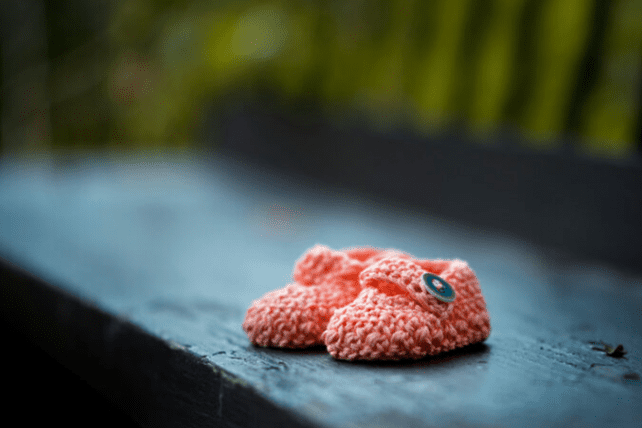Christine Mitchell, former director of the Center for Bioethics at Harvard Medical School, said the Alabama ruling brought up issues that had been considered settled as long as Roe v. Wade was in effect. The Alabama couples who sued after their embryos were destroyed in an accident had valid concerns, she added, but the court could have addressed them without ruling that embryos are children and bringing IVF to a halt.
“You don’t have to make them persons in order to come back at an institution like the infertility clinic in Alabama, and say, ‘Look, you didn’t take good care of our property.’”
Mitchell said the idea of being a person is often associated with the “breath of life” — something that is not present in an embryo. That doesn’t mean the embryos have no value, especially to infertile couples. “They have both a financial and emotional investment in these embryos,” she said. “I do think we have to be respectful of the attachments of the people who use IVF.”
She pointed to the case of Elaine Meyer, a psychologist and Harvard professor who, along with her husband, learned in 2017, two decades after the birth of their son through IVF, that not all of their embryos had been transferred. The company storing the embryos informed them they had two additional embryos, according to The New York Times. They then learned that the vial containing the embryos had cracked and the embryos were no longer viable. The couple ended up suing the clinic.
Meyer said that during fertility treatment, she had made sure the embryos were well cared for, even in storage. Sometimes she would swing by the hospital where they were being stored and sing a lullaby to them in the parking lot. She hoped another IVF transfer would result in another child. “Those embryos held a lot of hope for us,” she said.
In a 2016 paper in the Journal of Law and the Biosciences, Australian legal scholar Jenni Millbank argued that the feelings and insights of women undergoing fertility treatments are often overlooked in discussions about the moral status of embryos. Women often see frozen embryos as siblings to their children or feel connected in other ways. Philosophical or theological concerns aside, Millbank argued, embryos have meaning and value because they matter to the women who could carry them in pregnancy.
Quoting a study participant named Rose, she wrote, “Like many other participants, Rose expressed the view that her stored embryos were closely connected to her through their connection with her existing child or children.”
Meyer said she felt that kind of connection and so wanted to do whatever she could to give the couple’s frozen embryos a chance at life. When a subsequent embryo transfer failed, Meyer said she felt a sense of closure. “When pregnancy wasn’t successful, there was sadness and disappointment, for sure,” she said. “But I felt personally like I had done everything humanly possible.”
Meyer has begun advocating for better storage standards at clinics so accidents like the one in Alabama or to her embryos don’t happen again. This week, she hopes a bill prescribing new standards for storing embryos and other reproductive tissue will be introduced in the Rhode Island Legislature.
“We make sure that they’re well monitored and well cared for,” she said.
Nicole Straka, a Realtor from Kearney, Nebraska, said she and her husband also discovered that they had unexpected embryos. After five rounds of IVF, they had eventually become parents and had moved on, busy with raising a pair of twins, who are now teenagers.
But a few years ago, Straka said she got a letter in the mail from a facility that was storing 20 of the couple’s embryos. The letter gave three options, she recalled. The embryos could be thawed, which would make them no longer viable. They could be donated to research, or they could be given to another couple, in a process known as embryo adoption.

